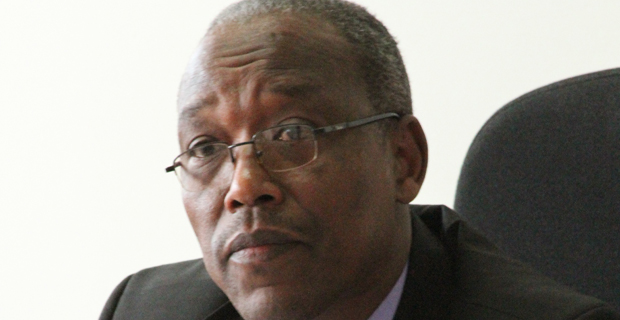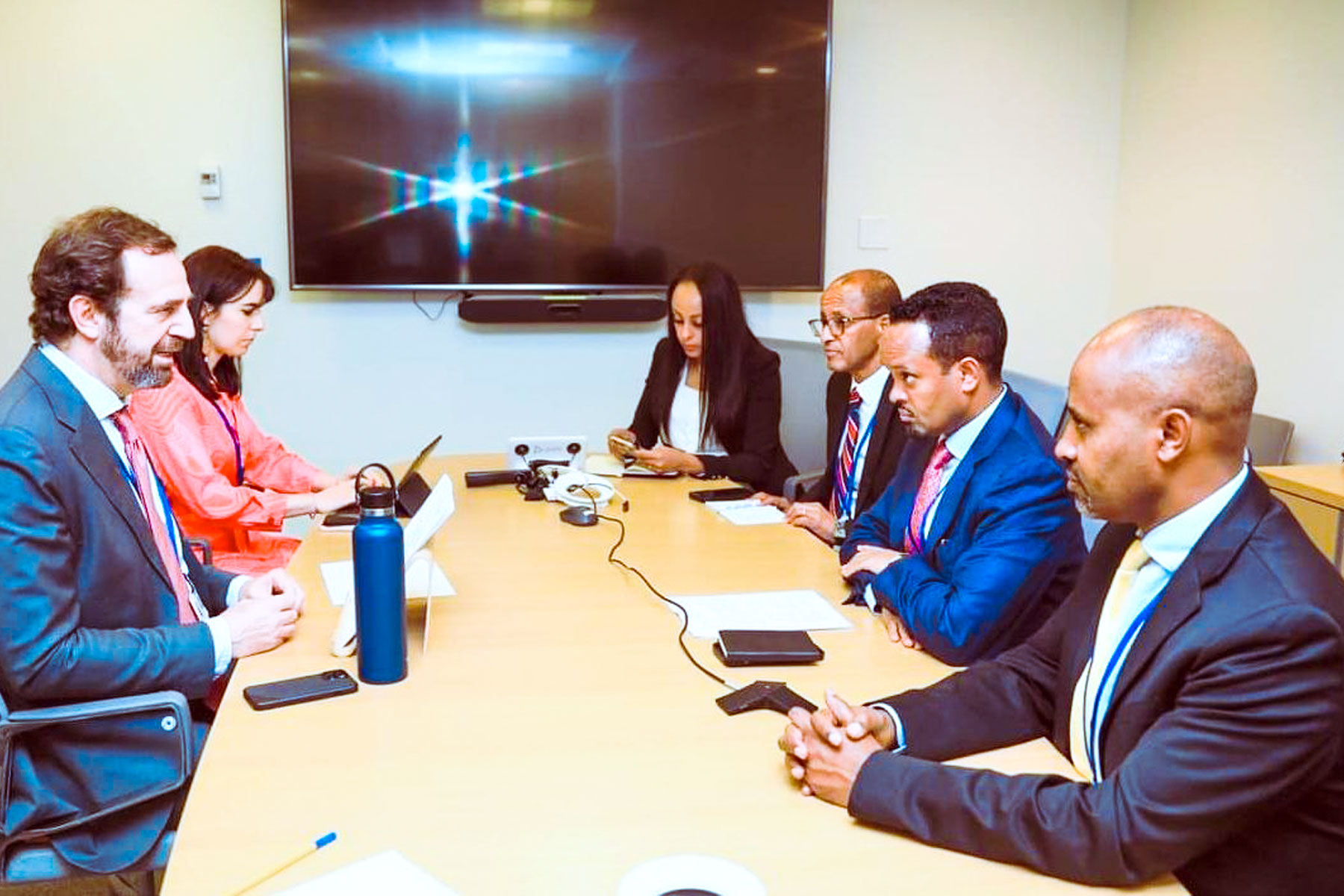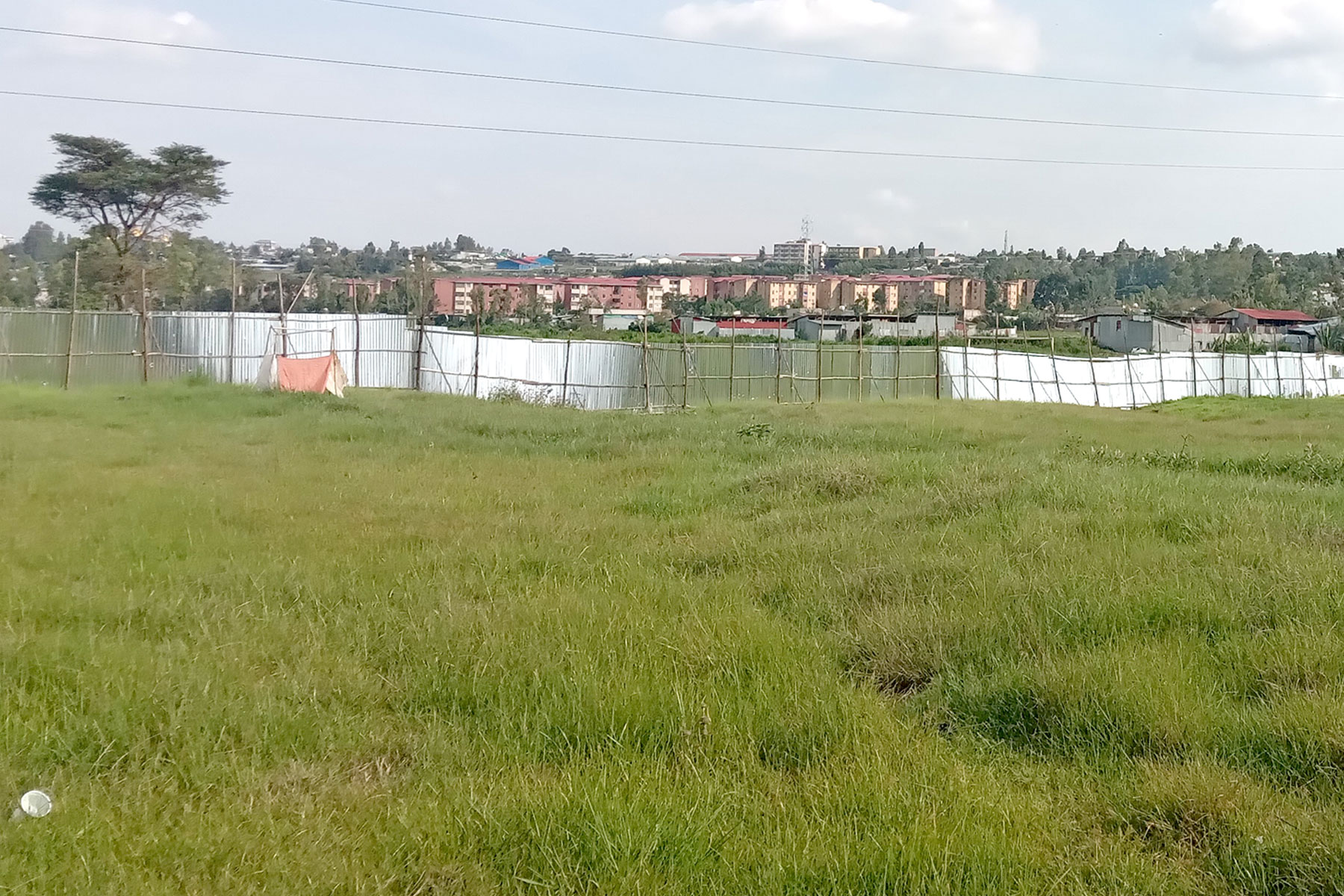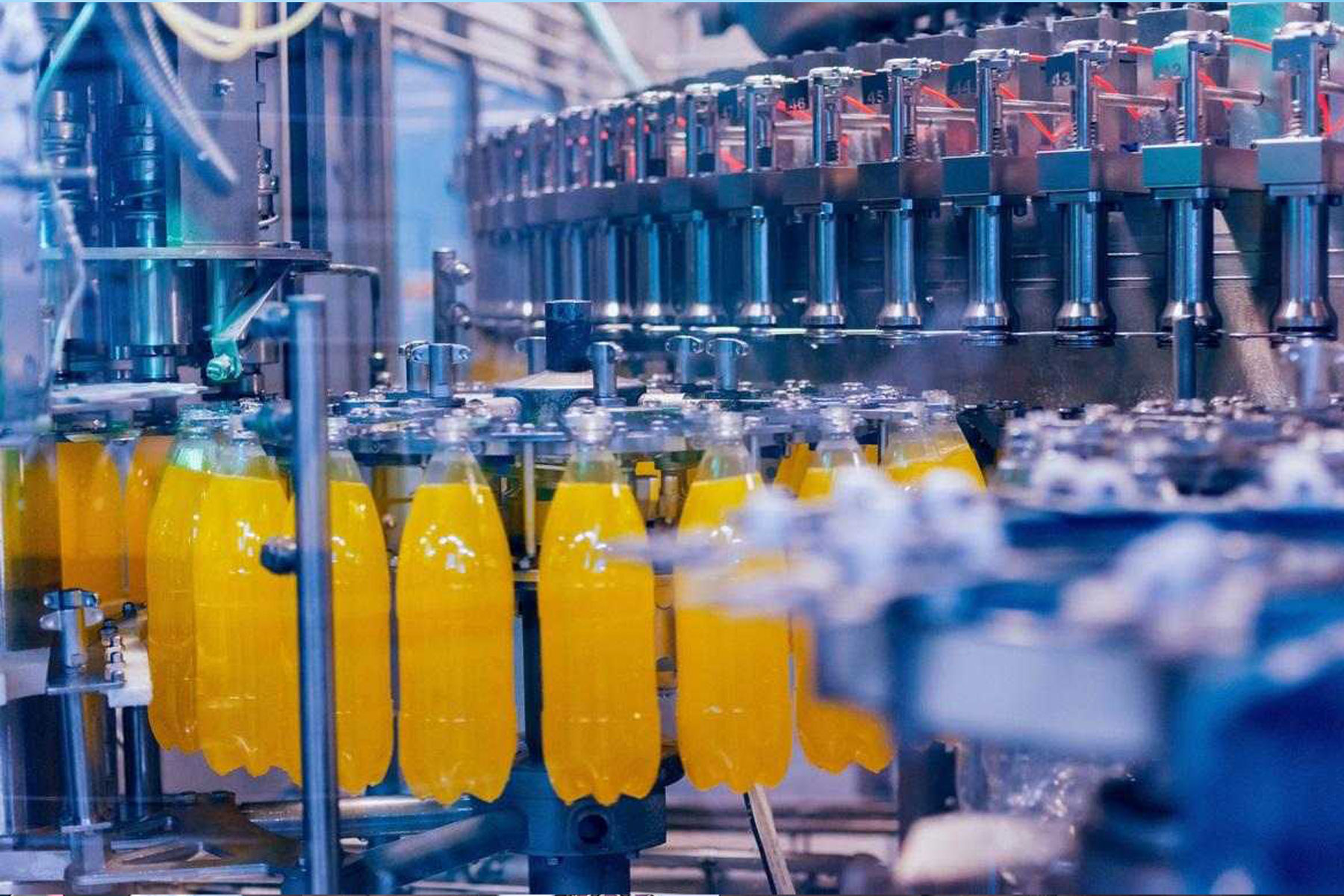
Radar | Dec 07,2019
Apr 26 , 2019
By Haben Mehari
It has recently been announced that the government has a long term plan to float the Birr. This though will not address macroeconomic problems such as the foreign currency shortage, only import substitution will, writes Haben Mehari (haben.mehari@aiesec.net), an entrepreneur and a graduate student at Addis Abeba University.
There was a recent announcement of the government’s long-term plan to make the Birr a fully floating currency, fueling public discussion on the merits and disadvantages of the concept.
The issue is not as easy as that. Ethiopia’s chronic shortage of foreign currency has been apparent for a while. Recently, infusing a little bit of exaggeration, Yinager Dessie (PhD), governor of the National Bank of Ethiopia, told members of parliament that the level of foreign exchange will cover only two and a half months of imports and that if things do not change, the country will soon be forced to allocate all of its forex to imports of medicine and fuel.
Back in 2000, export revenues were able to cover over half of the expenses of imports, an amount that has decreased to about a fifth by the last fiscal year, according to the central bank.
Floating the exchange rate regime would mean allowing forex market forces of supply and demand to determine the daily prices of the currency. Most of the world’s biggest economies follow this system, including the United States, Britain, most of Europe, Japan and India. As can be expected, it is usually countries that have large exports that have benefited as demand is boosted externally and locally. Also, low exchange rates for the local currency help lure more foreign investment.
Egypt floated its currency in 2016 amid a crippling shortage of dollars and dwindling investments. The Egyptian pound lost half its value and sent inflation above 33pc. After about a year’s time though, economic expansion has accelerated to its fastest pace in seven years and non-oil exports and tourism are growing at double-digit rates.
Also, in 2016 Nigeria decided to float its currency against the dollar in a move to control its currency crisis that was created due to lower oil prices. The currency was fixed at 197 Naira to the dollar but its black-market rate stood at 370 Naira. After the first day of trading following the float, the value of the Naira dipped by 31pc. It is currently standing at 360 to the dollar.
Our currency is currently trading at 28.58 Br to the dollar, while the parallel market rate is at least a third higher than its value in the formal market, depending on the location and volume. If we decide to move to float the currency, the value of the Birr will at least be equal to its black-market price.
This is not to say that it will only be all bad news.
Remittances that Ethiopia receives make up about a quarter of the nation’s foreign exchange earnings, comfortably exceeding export revenue. At the very least, the floating of the Birr will make all of these transactions go through the formal channels as the incentive the informal channel provides would be removed, improving the forex reserve.
But if we want to grow the economy, we cannot rely solely on the remittances of our diaspora community. We need to reverse our current account deficit by lowering imports and increasing exports. Import substitution, which may seem like a tired argument by now, is still the best way out of our current economic conundrum. We need to produce enough goods right here in the country to lower our import bills.
From medicines and wheat to manufacturing and construction inputs, the nation does have the resources to produce these goods and commodities if we can improve private sector participation.
In the 1950s, South Korea saw growth primarily driven by import substitution, supported by significant aid inflow and by making significant investment in local economic development. This included a dedication to infrastructure and human capital development - basic literacy levels more than tripled from 22pc in 1945 to the early 1960s.
This focus on import substitution created possibilities to improve utilisation of capital for export expansion in subsequent periods. This idea is also not new for our country, and Emperor Haile Selassie’s regime, as well as the EPRDF, have been quite obsessed about it. The fact that it has not been realised only means that a different approach toward it should be tried. It is only then that we will be able to bring the shortage of foreign currency to heel, not through floating the currency.
PUBLISHED ON
Apr 26,2019 [ VOL
20 , NO
991]


Radar | Dec 07,2019

Fortune News | Oct 24,2020

Radar | Oct 24,2020

Viewpoints | Nov 19,2022

Radar | Sep 02,2023

Fortune News | Oct 19,2019

Fortune News | Mar 19,2022

Fortune News | Oct 01,2022

Fortune News | Jun 23,2019

Radar | Sep 10,2023

Photo Gallery | 96739 Views | May 06,2019

Photo Gallery | 88923 Views | Apr 26,2019

My Opinion | 67168 Views | Aug 14,2021

Commentaries | 65759 Views | Oct 02,2021

Feb 24 , 2024 . By MUNIR SHEMSU
Abel Yeshitila, a real estate developer with a 12-year track record, finds himself unable to sell homes in his latest venture. Despite slash...

Feb 10 , 2024 . By MUNIR SHEMSU
In his last week's address to Parliament, Prime Minister Abiy Ahmed (PhD) painted a picture of an economy...

Jan 7 , 2024
In the realm of international finance and diplomacy, few cities hold the distinction that Addis Abeba doe...

Sep 30 , 2023 . By AKSAH ITALO
On a chilly morning outside Ke'Geberew Market, Yeshi Chane, a 35-year-old mother cradling her seven-month-old baby, stands amidst the throng...

Apr 20 , 2024
In a departure from its traditionally opaque practices, the National Bank of Ethiopia...

Apr 13 , 2024
In the hushed corridors of the legislative house on Lorenzo Te'azaz Road (Arat Kilo)...

Apr 6 , 2024
In a rather unsettling turn of events, the state-owned Commercial Bank of Ethiopia (C...

Mar 30 , 2024
Ethiopian authorities find themselves at a crossroads in the shadow of a global econo...

Apr 20 , 2024
Ethiopia's economic reform negotiations with the International Monetary Fund (IMF) are in their fourth round, taking place in Washington, D...

Apr 20 , 2024 . By BERSABEH GEBRE
An undercurrent of controversy surrounds the appointment of founding members of Amhara Bank after regulat...

An ambitious cooperative housing initiative designed to provide thousands with affordable homes is mired...

Apr 20 , 2024 . By AKSAH ITALO
Ethiopia's juice manufacturers confront formidable economic challenges following the reclassification of...